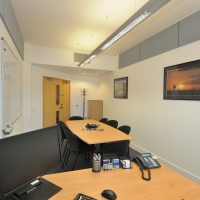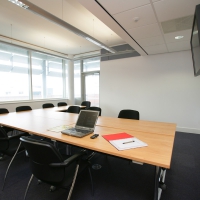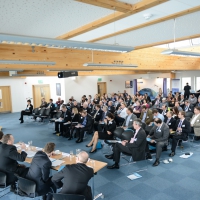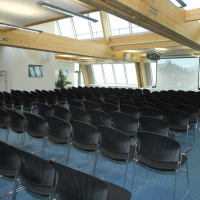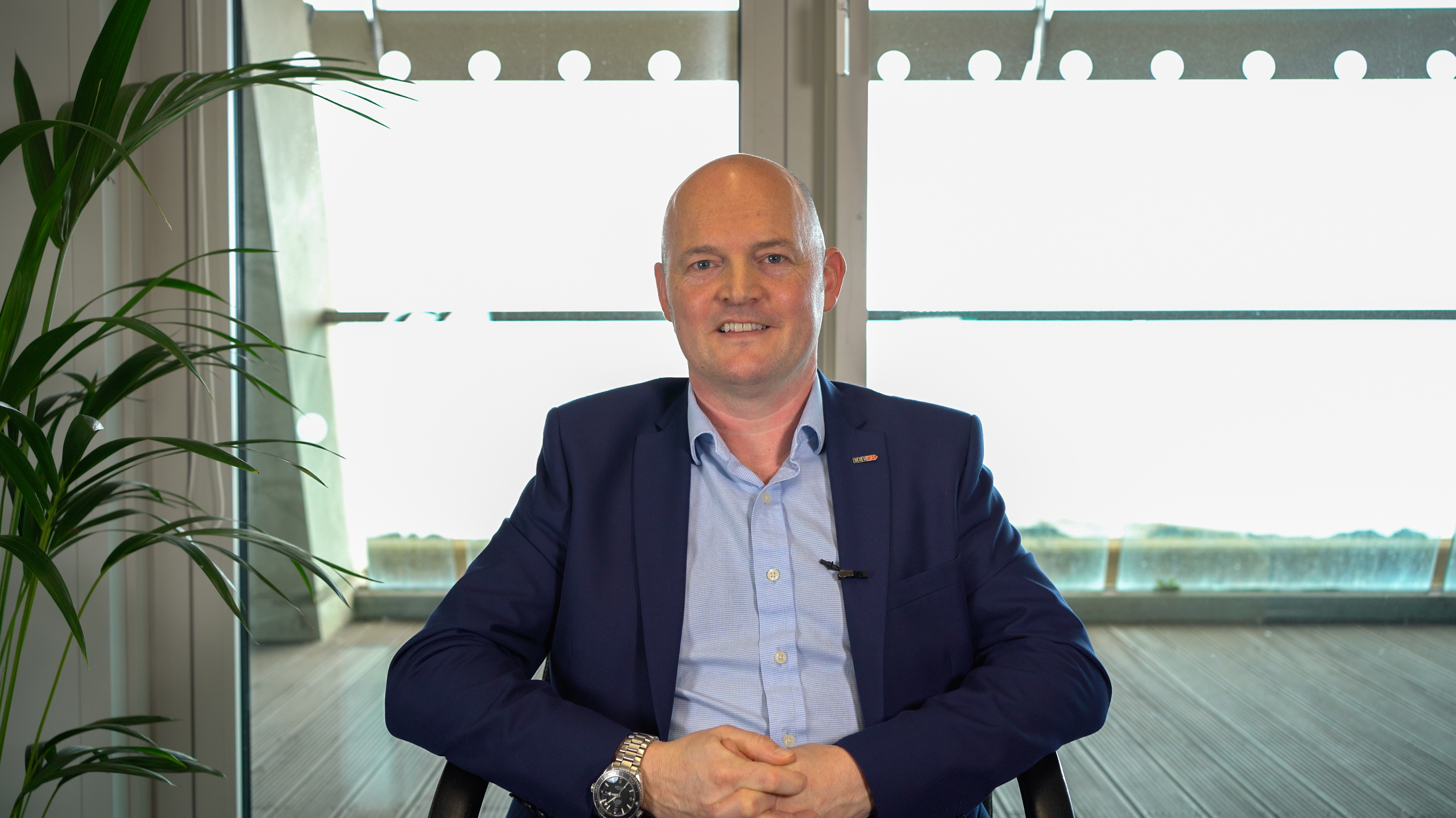National Energy System Operator (NESO) has released independent analysis of how Great Britain can achieve a clean power system by 2030 (CP30 Report).
This advice was commissioned by the Secretary of State for Energy Security and Net Zero, as part of the UK government’s mission to make Britain a clean energy superpower.
The analysis concludes that clean power is a huge challenge but is achievable for Great Britain by 2030.
The report sets out both the challenging hurdles that need to be overcome and the benefits to consumers, the economy and society, including Britain’s energy security that doing so could deliver, said NESO.
The analysis shows that overall systems costs should not increase for a clean power system.
Other factors could reduce electricity bills in 2030, including a reduction in legacy policy costs (as contracts expire) and energy efficiency improvements.
Government policy decisions could also reduce bills by 2030, it added.
Significant investment in making Great Britain’s energy system clean and fit for the future is needed. With this investment Great Britain could also become a world leader in first-of-a-kind technologies, according to the report.
Delivering a clean power system by 2030 increases the amount of domestic energy production and significantly reduces Great Britain’s exposure to potential energy price shocks from spikes in international gas prices.
The analysis shows that clean sources can produce at least as much power as Great Britain consumes in total in 2030.
The CP30 Report concludes that a clean power system would be operable and maintain the world-class reliability standards for a secure energy system expected in Great Britain.
Delivering Clean Power by 2030 requires swift action from industry, regulators, government, and NESO, necessitating significant changes in approach, according to the analysis.
The right supply, demand, networks and flexibility all need to be developed. A key challenge will be making sure all deliver simultaneously, in full and at maximum pace, in a sustainable way to set Great Britain on the right path beyond 2030.
Fintan Slye, chief executive at the National Energy System Operator, said: “There’s no doubt that the challenges ahead on the journey to delivering clean power are great.
“However, if the scale of those challenges is matched with the bold, sustained actions that are outlined in this report, the benefits delivered could be even greater.
“A clean power system for Great Britian will deliver a backbone of home-grown energy that breaks the link between volatile international gas prices; that is secure and affordably powers our homes and buildings; that decarbonises the transport that we take to school and work; that drives the businesses of today and catalyses the innovations of the future.”
Government will now consider the advice in developing its clean power action plan later this year.
Alongside this report, NESO is publishing a consultation on the methodologies which create the architecture for grid connections reform.
The consultation proposes specific criteria and processes for reducing and reordering the connections queue.
It marks a shift from the current “first come, first served” approach to grid connections, to prioritise those projects which are ready to proceed, and which align to the locational and technological mix needed for the future energy system, NESO said.
Reforming grid connections to align with plans for the future energy system is a critical step identified in the Clean Power 2030 report.
Energy Secretary Ed Miliband said: “This independent report provides conclusive proof that the government’s clean energy superpower mission is the right choice for the country, replacing Britain’s dependency on volatile fossil fuel markets with clean, homegrown power controlled in Britain.
“NESO’s report shows we can achieve clean power by 2030, with cheaper electricity and a more secure energy system for Britain.
“The government is determined to ensure the significant reforms to planning and grid we need so we can back the builders and support investors to make this once in a generation upgrade of Britain’s energy infrastructure happen.
“The prize on offer for our country is huge: energy security, cheaper power and the creation of jobs and wealth for Britain. Every family and business deserves affordable, secure power – and that is what we will deliver.”
In response to the report’s findings, Dan McGrail, chief executive of Renewable UK said: “It’s great to have clarity on what the renewable energy industry needs to deliver to decarbonise the UK’s electricity system by 2030.
“This is an ambitious programme to move to a more secure and cost-effective system – and we can meet these targets as long as the Government continues to work closely with us to put the right policies in place as soon as possible.
“It’s critical that an effective industrial strategy comes alongside this programme to roll out more renewable energy projects.
“There’s a golden opportunity for the UK to secure new supply chain investments across the country - and thousands of jobs – if we put the right framework and grants in place to compete with the EU and USA.
Consumers will benefit too, as today’s independent report shows that the cost of running a system based on renewables is significantly cheaper than one based on high gas prices”.
Dhara Vyas, Energy UK’s chief executive-designate, said: “As outlined today by NESO, the 2030 target is achievable but very challenging and depends on swift action and progress in several different areas – such as reforms to speed up connections and the planning process, both for generation and infrastructure, and the expansion of established and emerging clean technologies, including storage and flexibility.
“Our sector welcomes the ambition because we know the economic benefits this could bring to all parts of the country through investment, growth and job creation along with increasing our energy security – and the quicker the progress, the sooner we can reap the full rewards.
“And, while delivering big projects is vital, this cannot happen without an increased focus on improving things for customers. It’s essential that people can look forward to a period stable bills with targeted support for households who can least afford to pay.
“Improving the energy efficiency of homes and buildings, helping people to switch to cleaner and ultimately cheaper ways of heating and travelling to make best use of clean power will be crucial.”
Source: reNews




